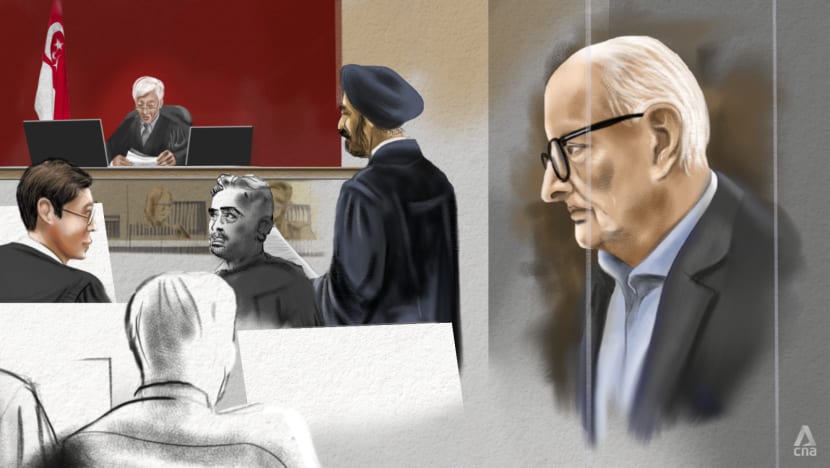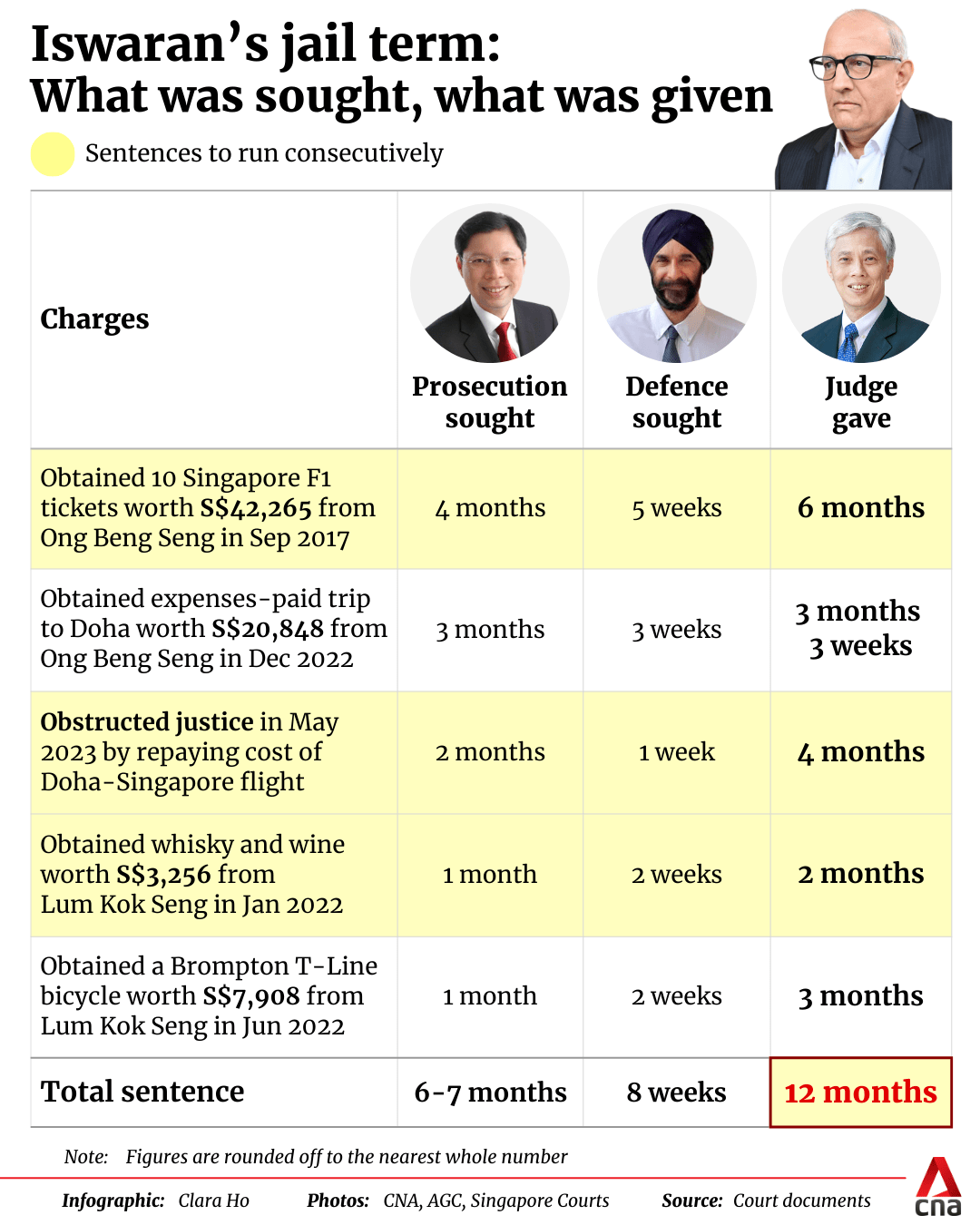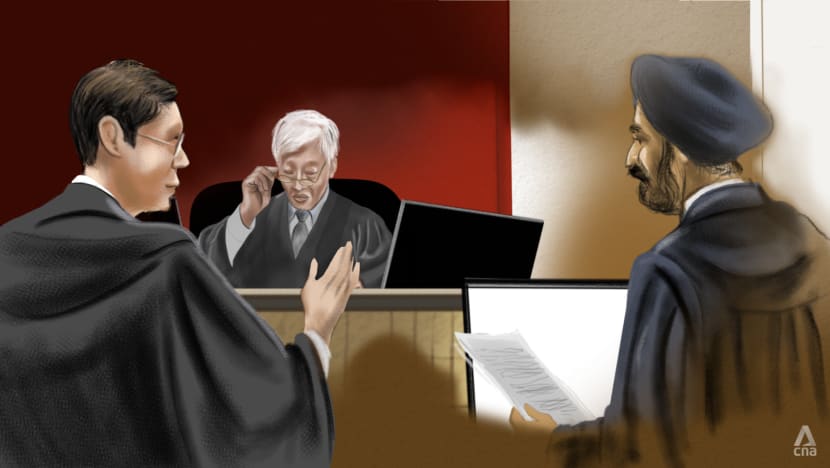Who is Justice Vincent Hoong, the High Court judge who handed Iswaran his sentence?
Justice Vincent Hoong is no stranger to high-profile cases and has presided over appeals where he increased the sentences of offenders.

Justice Vincent Hoong Seng Lei passed a 12-month jail term on former transport minister S Iswaran on Oct 3, 2024. (Photo: Singapore Courts)

This audio is generated by an AI tool.
SINGAPORE: High Court judge Vincent Hoong Seng Lei on Thursday (Oct 3) handed former transport minister S Iswaran a sentence higher than the terms both the prosecution and defence had argued for.
The 12-month jail term that Justice Hoong passed was five months more than what the prosecution sought, and significantly more than the defence's proposed term of eight weeks.
Taking either party's submission would result in a "manifestly inadequate" sentence, Justice Hoong said while delivering his judgment in the High Court.


LONG TRACK RECORD
A court veteran, Justice Hoong was first called to the bar in 1983 after graduating from the National University of Singapore with a Bachelor of Laws the year before.
He joined private practice for a while before entering the Singapore government's legal service in 1984.
He held various judicial appointments in the Supreme and then-Subordinate Courts before being posted in 1997 to the Singapore Land Registry, a department of the Ministry of Law. He was then seconded to the Singapore Land Authority four years later.
In April 2015, Justice Hoong was appointed Registrar of the Supreme Court. He was awarded the Public Administration Medal (Gold) in the same year.
Justice Hoong was appointed Judicial Commissioner of the Supreme Court in April 2019 and became a High Court Judge on Jan 3, 2020.
Justice Hoong is concurrently the Presiding Judge of the State Courts and Deputy President of the Industrial Arbitration Court, with a focus on building and construction and criminal cases, among others.
HIGH PROFILE CASES HE HAS HANDLED
The judge is no stranger to cases that have garnered national attention, and has increased sentences of offenders upon appeal.
In 2023, he raised the five-month jail term of a company director who molested a subordinate to a year. He reversed the District Judge's decision to acquit the accused on three charges, after the prosecution had appealed against the acquittals.
One of the most recent high-profile cases he was involved in include that of Vang Shuiming, one of the offenders in the massive billion-dollar money laundering case that concluded earlier this year.
Justice Hoong rejected Vang's application to the High Court to revoke a lower court's decision in denying him bail, noting among other factors that Vang was a flight risk.
Justice Hoong was also the sentencing judge in the case of Xavier Yap, who killed his autistic twin sons in 2022.
He said then that violence inflicted by parents on their children would be met with the full force of the law, rejecting the defence’s call for concurrent jail terms as it would be “morally unjust”.
In the case of a man who fractured the skulls of his baby daughter and toddler son, Justice Hoong was part of a three-judge court that dismissed an appeal for a shorter jail term, saying the sentence was "lenient". The judges said that the accused should have received about five years more jail instead.
After reviewing this case, Justice Hoong, along with the two other judges, developed a new sentencing framework for the offence of voluntarily causing grievous hurt against a person aged below 14.

Justice Hoong has laid out other guidelines for lawyers in his judgments.
In December 2022, he was part of a three-judge panel that increased the jail terms of two men who leaked intimate shots of other people. The panel also laid down a sentencing framework for the offence of distributing an intimate image or recording.
In a judgment released on Aug 29, Justice Hoong spelt out the appropriate conduct of lawyers cross-examining victims of sexual offences.
The case had involved a tutor who had molested a 10-year-old student, and the victim had been questioned about her attire during the offence.
While such a line of questioning is acceptable if it sheds light on how the offence was committed, Justice Hoong said that any questioning which implied that the victim had encouraged unwanted attention due to the way she was dressed must be rejected.




















